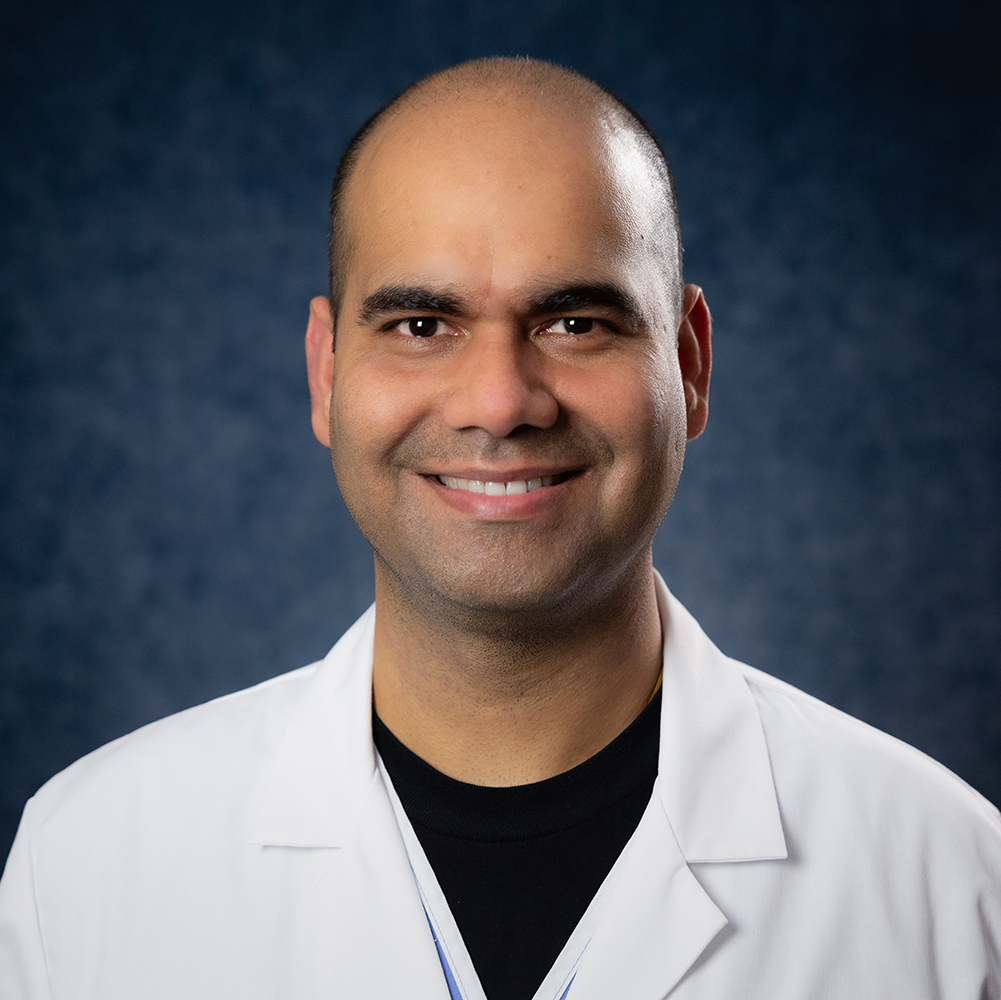
A transcatheter aortic valve replacement (TAVR) involves a patient receiving a new heart valve while still keeping the old heart valve where it is, according to the American Heart Association. The procedure is possible because a new heart valve can function well inside of the existing, damaged valve. This minimally-invasive procedure is also sometimes called a transcatheter aortic valve implantation (TAVI).
Who Can Benefit From TAVR?
The American Heart Association recommends TAVR for patients who have severe, symptomatic aortic stenosis, which is a condition when the aortic valve is too narrowed for blood to flow properly. Patients can be at any risk level for other types of aortic valve replacement surgery. In particular, TAVR may be an effective procedure for patients who may not be able to undergo other types of surgical procedures to replace the aortic valve.
How Does TAVR Work?
Since TAVR is a minimally-invasive procedure, the procedure is performed by entering through the femoral artery (the artery in the groin). Sometimes, if entry through femoral artery is not feasible, alternate access using a tiny opening in the neck or chest is required to replace the valve.
During TAVR, a catheter is used to transport a new, completely-collapsible valve to the location of the existing valve. The new valve then expands, allowing the new valve’s tissue to start managing blood flow in place of the old valve.
Unlike other procedures to replace the aortic valve, TAVR leaves every chest bone in place. Patients who get the TAVR procedure usually stay awake during the procedure, typically have short recovery times with less pain and spend less time in the hospital.
UofL Health Can Help
Since the beginning of the UofL Health – Jewish Hospital – Heart Valve Center of Excellence in 2011, the team of cardiovascular specialists has accurately diagnosed and treated more than 1,000 patients with innovative treatments, including TAVR. Why choose the Heart Valve Center of Excellence for your TAVR?
- Our team is composed of board-certified cardiothoracic surgeons, interventional cardiologists, anesthesiologists, a program coordinator and a nurse navigator, all working to make sure you receive the best treatment option available.
- Many of our providers are also academic professors at University of Louisville, regularly conducting innovative research and performing clinical trials to ensure we lead the way in establishing best care practices.
- Patients benefit from minimal sedation during the TAVR procedure, which allows for a reduced recovery time and promotes next-day discharge.
- The Heart Valve Center of Excellence is organized and efficient. From your initial appointment to treatment time, we ensure care is prompt and reliable when time matters most.
If you have aortic stenosis, talk with your provider on whether TAVR may be right for you. For more information, call 502-916-1055.









